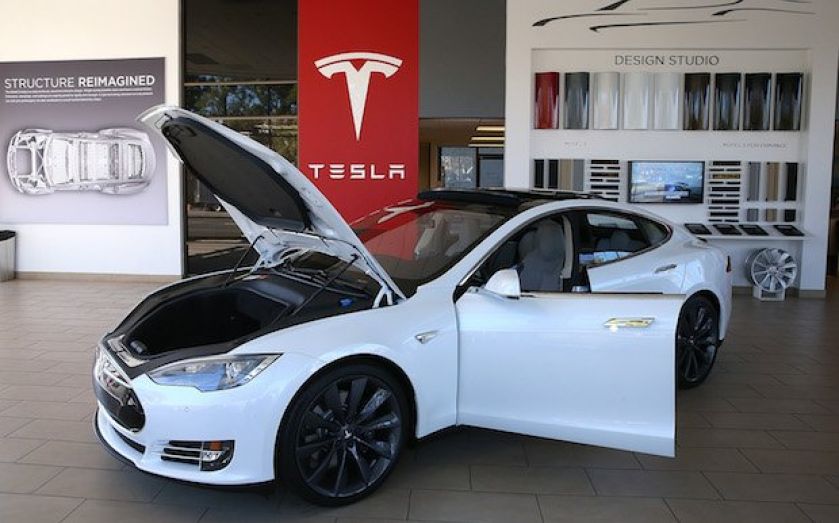3 electric car myths debunked

If Tesla Motors' results are anything to go by, it looks like electric cars are taking off.
Yesterday, the firm revealed a gross profit of $156.6m (£93.7m) – over six times higher than than a year earlier.
The forward-thinking company, which is headed by PayPal and SpaceX founder Elon Musk, saw record transactions of its Model S hatchback – its pricey but novel flagship electric car.
You can’t go very far in an electric car
Electric cars can usually go between 50 to 80 miles. It's not a great distance, but for a fair number of people, it’s above what they drive in a day.
Tesla recently took the Model S on a road trip from LA to New York. It took 76 hours, including charging time. It’s 2,790 miles which, according to Google Maps, would take a fuel car 40 hours.
But they key lies not just in how far the cars go, but how easy it is to charge them.
A lot of people might not mind daily charging if it were convenient – i.e. they had a private charge point, one very close to them, or a feasible battery pack alternative.
Charge points are few and far between and charging takes ages
Tesla’s answer to scanty charge points is its latent battery pack, which is pretty impressive.
The battery also answers the extreme slow speed problem: it can charge a car in 90 seconds. (Filling your car with petrol or diesel takes around four minutes.)
The product’s going to get a huge boost from Tesla’s newly-announced Gigafactory, which’ll see the equivalent of the current global production of lithium batteries in just one place.
An interesting aside: as of December, Estonia became the first and only country to deploy nationwide charging network coverage.
Batteries are toxic and non-recyclable
Tesla’s batteries – and increasing numbers of other producers’ – are made of lithium metal oxides. They’re not toxic, although they die after about 10 years.
The company’s set about recycling as much of its batteries as possible, and says it has no intention of landfilling them. It details what it does with the materials on its website.
But will they work in the UK?
With electric cars are taking off in the US, Japan and China, Britain's keen to get on board.
Back in November, the government signed up Elon Musk to help with its green agenda.
But while this sounds like we could be at the forefront of things, last month, Nick Clegg unveiled his plan to introduce 140 new charge points for electric cars in the UK.
Despite worthy green intentions, Clegg might be a bit behind the times.
The introduction of battery packs will see charging points outstripped very quickly, and a surge of charge points could present other problems.
Professor Averil Macdonald has highlighted the problem of spare generating capacity in the UK, which the government didn’t mention in its release last month.
Upping the number of electric vehicles will, she argues, takes demand above the level that power stations can supply – assuming, that is, that coal fired power stations which miss EU pollution controls in 2015 are shut down.
For Britain to embrace electric cars, Macdonald says, we’d need to change out electric transmission infrastructure significantly. And that would mean serious fuel bill hikes to pay for it.